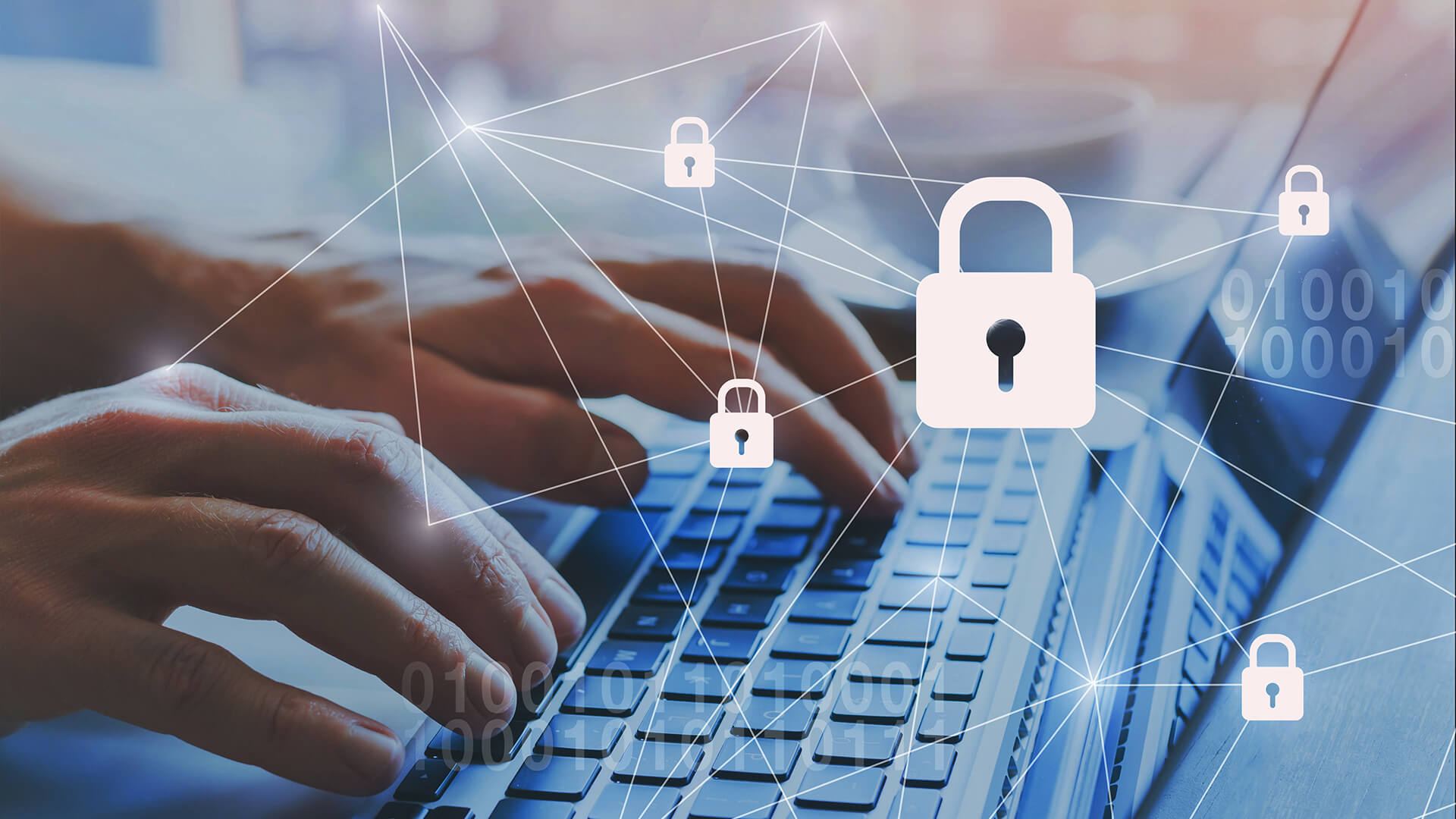Take care of what you share: privacy and protection in a pandemic
Caroline Holley, Partner, Family & Divorce, and Oliver Lock, Associate, Reputation Management, Farrer & Co
A good reputation, hard won, can be ruined in moments. Never have those words been more true than in this strange new “normal”.
The coronavirus lockdown period has resulted in an exponential increase in the time that people are spending online, with greater use of video calls and social media platforms. This brings with it a number of security and confidentiality issues, some of which may not ordinarily be at the forefront of people’s minds.
Privacy has long been a concern of many, but recently we have seen a sharp rise in confidentiality provisions being included in a range of agreements, such as employment contracts, pre or post nuptial agreements, parenting plans used by separated parents, as well as non-disclosure agreements (NDAs).
Those who have entered into such agreements would be wise to review them in light of their new online lives. Others may think now is the right time to revise agreements to include new, or tighten up existing, confidentiality provisions.
Social Media
Social media use has become more prevalent than ever. People often share huge amounts of personal information on various social platforms, not only in terms of what they say directly, but also information gleaned from photos or videos posted or articles shared or retweeted. The potential pitfalls are wide-ranging and extend beyond simple privacy concerns. Both online and physical security, as well as reputational issues, need to be given careful consideration.
Employment contracts
Contracts for household staff, particularly nannies, regularly include confidentiality provisions, such as clauses preventing disclosure of personal information obtained during employment. However, they can also extend to the employee’s own use of social media. An open Instagram account of a high-profile family’s nanny could disclose the whereabouts of the family, details of their home or private photographs of children. There have been notable incidents where well-known individuals have been burgled when away from home, as a result of information gleaned from social media posts.
Pre and post nuptial agreements
Couples in relationships can have very different approaches to social media. Whereas one half of a couple may enjoy a large following or generate an income from their profile, the other may eschew social media entirely, potentially creating considerable conflict.
Some couples are therefore choosing to agree their intended approach to social media in nuptial agreements, ensuring that the family privacy is protected even in the event of marital breakdown. Right at the outset of their relationship, couples can discuss their views of social media – what they are comfortable sharing and with whom – and having reached a consensus, can record that understanding either in a pre-nuptial agreement or NDA. As can be imagined, it is much easier to come to a consensus early on in a relationship than it is after it has ended.
Agreements such as these are flexible and entirely bespoke, dealing with the couple’s private life, business affairs or financial information that may have been shared by either party. They may include clauses on whether photographs of future children or of the interior or exterior of their home be shared, a particularly important consideration for those in the public eye.
As the number of people earning an income from their social media presence and posts grows, it has become even more important to consider such agreements, and the potential financial impact of them, when agreeing provision in a pre-nuptial agreement.
Video Calls
The coronavirus epidemic and resulting lockdown has seen many of us have turn to video calls to facilitate many daily activities; from work, and social arrangements, to exercise classes or even church services.
Keeping in touch with the outside world in this way has been a lifeline to many. But some people are using this technology without due consideration of security concerns and, again, confidentiality and privacy issues arise. Users may be sharing far more information than intended – their location, security weaknesses, evidence of expensive artwork on the wall, or even family photos. This is particularly concerning when the call could be recorded, or if there are a number of unknown people on the call. The simplest way to guard against such issues is to add a blank background to all calls, a feature available on most platforms, to ensure privacy, security and reputation are all protected.
What if an agreement is breached?
Breaching an NDA or confidentiality clause may be very easy to do without realising. For example, it may have been agreed that neither party will share pictures of their children, but one of them forgets to remove family photos from the wall behind them in a video call. For couples on good terms, this may not be such an issue. But should the relationship have broken down, this could have serious consequences. Actual liability will always depend on the exact terms of the agreement and the level of fault asserted. But, as a minimum, parties are usually expected to take reasonable steps to ensure information does not get into the public domain.
International considerations
Restrictions arising from the pandemic vary between countries and for those who continue to travel, it is important to keep abreast of the differing rules in different locations. In Singapore, for example, it has been reported that permissions to work have been withdrawn from a number of expats as a result of social media images showing them out socialising in breach of lockdown rules there.
Coronavirus has changed the way that we live and work, quite possibly forever. Restrictions are now beginning to lift but even so, our reliance on the growing online world is most likely to remain. It is important to consider these issues as we go forward into the ‘new normal’, remaining alert to possible breaches of agreements and ensuring that in future, appropriate provisions are incorporated into personal agreements.



























